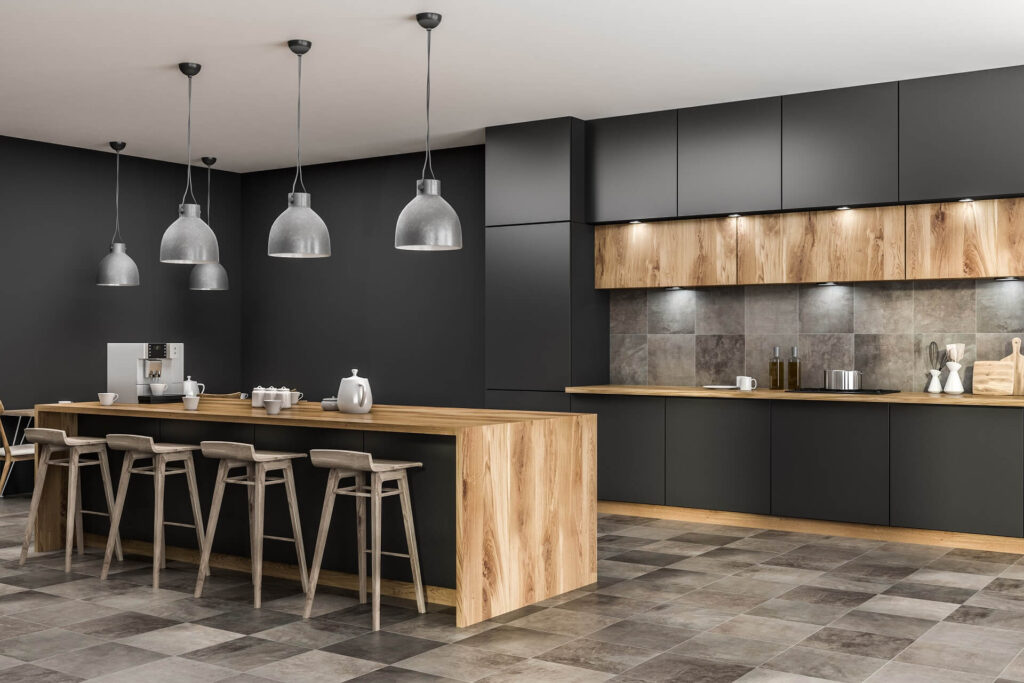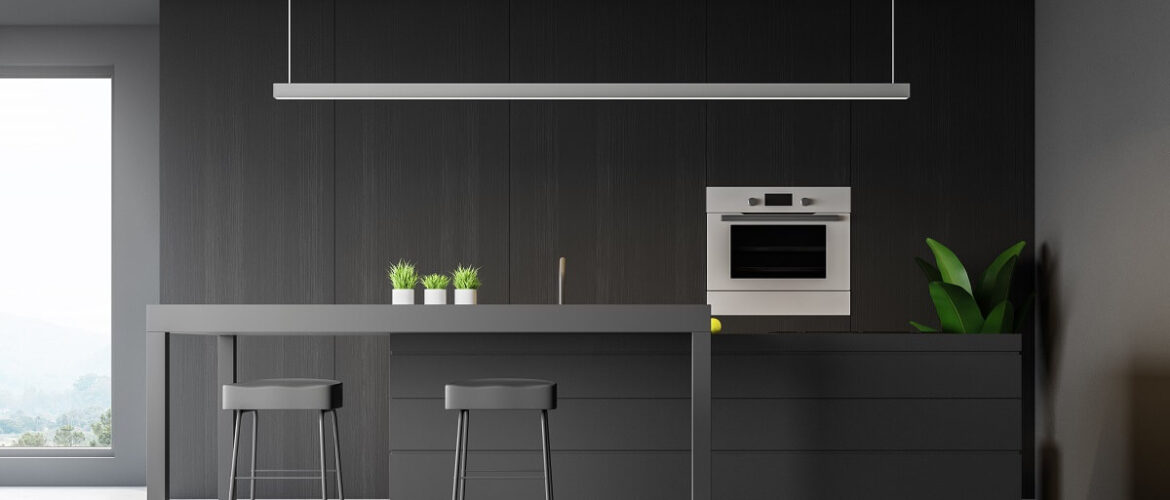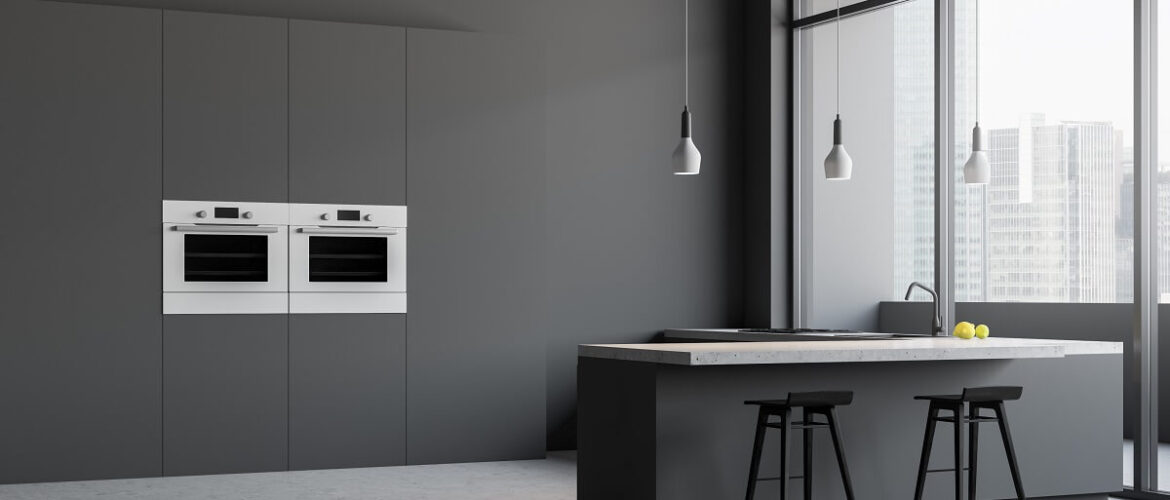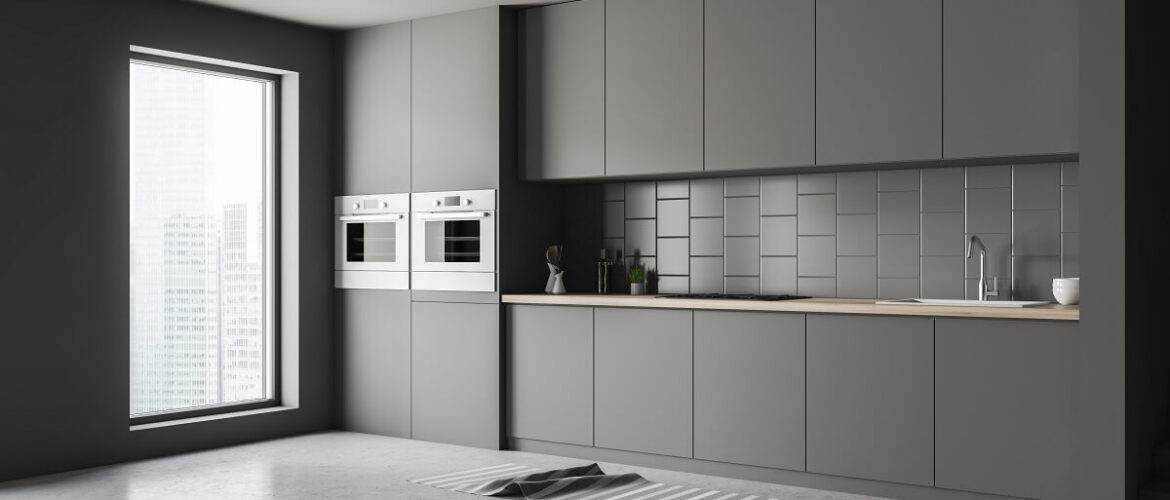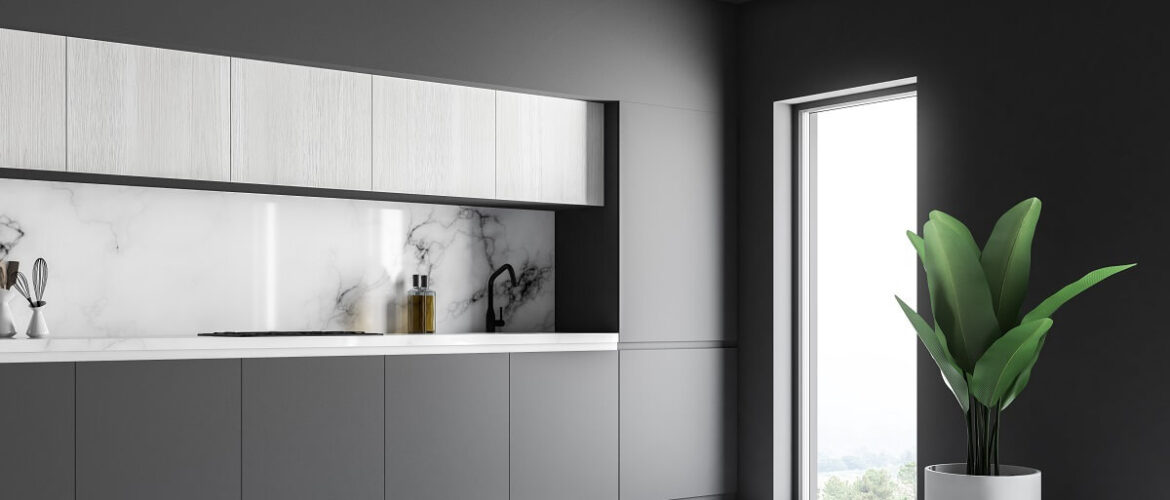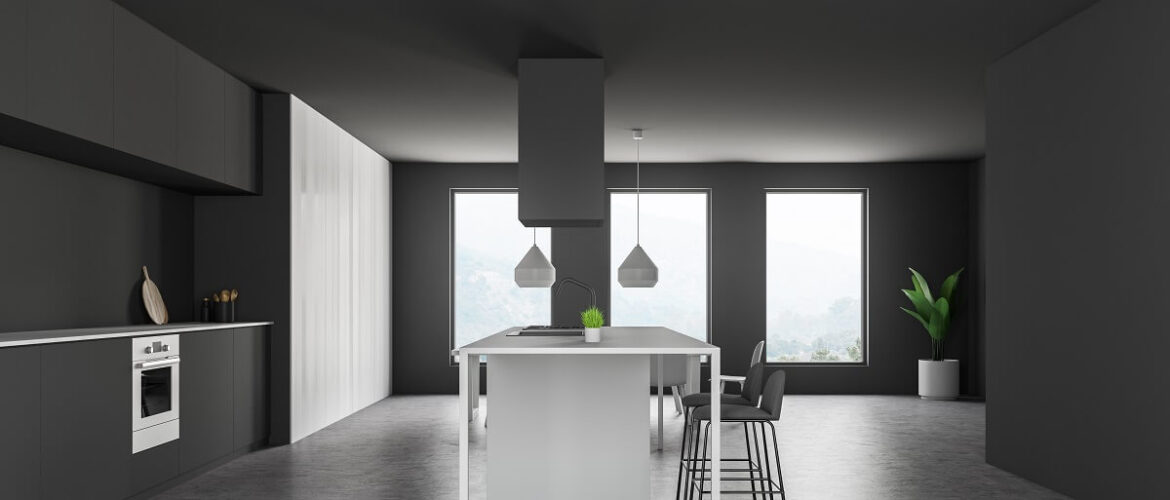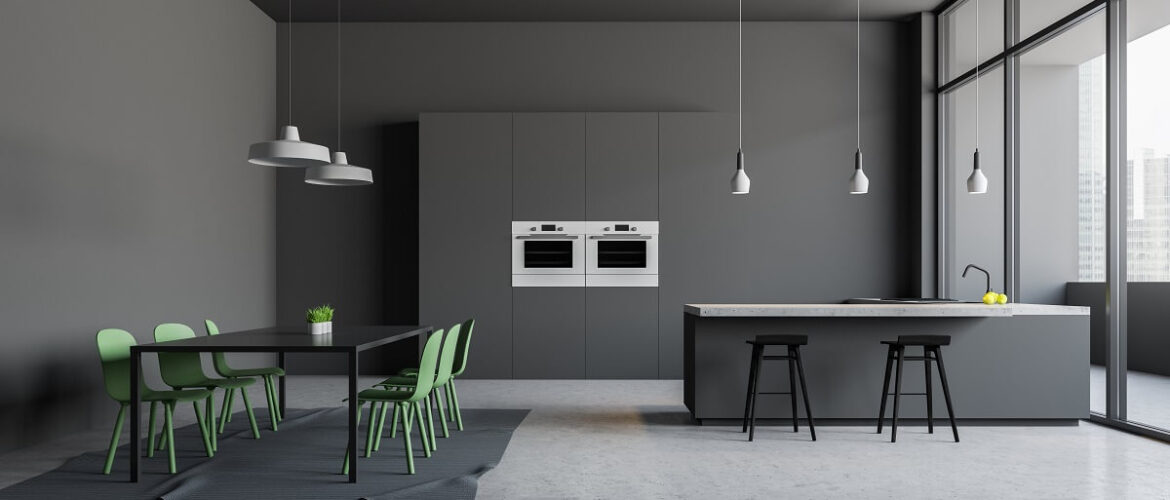The design of your kitchen can have a significant impact on its functionality, aesthetics, and value. A well-designed kitchen can make cooking and entertaining more enjoyable, increase the efficiency of your space, and add value to your home. Here are some key considerations to keep in mind when designing a kitchen:
Define your goals and needs
Before starting any kitchen design project, you need to define your goals and needs. What do you want to achieve with your kitchen design? Do you need more storage space, more counter space, or more natural light? Do you want to create a modern, traditional, or eclectic look? By defining your goals and needs, you can create a kitchen design that meets your specific requirements.
Consider the kitchen layout
The layout of your kitchen is one of the most important aspects of your design. A good kitchen layout will make it easy to move between the key areas of your kitchen, including the refrigerator, sink, and stove. Consider the work triangle, which should be designed to minimize traffic flow and maximize efficiency. A well-designed kitchen layout can improve the functionality of your space and make it more enjoyable to use.
Choose quality materials
When designing a kitchen, it’s important to choose quality materials that will stand up to daily wear and tear. Cabinets, countertops, flooring, and backsplashes should be durable, easy to clean, and visually appealing. Consider materials such as granite, quartz, or solid surface countertops, hardwood or engineered wood flooring, and ceramic or glass tile backsplashes. Quality materials can make your kitchen look beautiful and function well for years to come.
Focus on lighting
Good lighting is essential in a kitchen, especially if you’re an avid cook or entertainer. Consider adding recessed lighting, pendant lights, or under-cabinet lighting to brighten up your space and make it easier to see what you’re doing. You can also install dimmer switches to control the intensity of your lighting, and add a statement fixture such as a chandelier or pendant light to create a focal point.
Maximize storage
Storage is a crucial aspect of any kitchen design. If you don’t have enough storage space, your kitchen will feel cluttered and disorganized. Consider adding cabinets, shelves, or a pantry to maximize your storage space. You can also install organizational features such as pull-out shelves or drawer organizers to make it easier to find what you need.
Add personal touches
Your kitchen should reflect your personality and style. Consider adding personal touches such as artwork, decorative accessories, or unique light fixtures to make your kitchen feel more personalized. You can also incorporate your favorite colors or patterns into your design to create a space that feels truly unique.
Consider the flow of your home
When designing a kitchen, it’s important to consider the flow of your home. Your kitchen should complement the rest of your home’s aesthetic and be designed to meet your specific needs. Consider the layout and design of the other rooms in your home, as well as your lifestyle and daily routine, to create a kitchen that works well for you.
In summary, a well-designed kitchen can improve the functionality, aesthetics, and value of your home. By defining your goals and needs, choosing quality materials, focusing on lighting, maximizing storage, adding personal touches, and considering the flow of your home, you can create a beautiful and functional kitchen that you’ll love for years to come.
